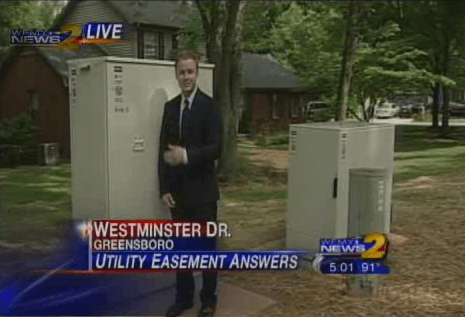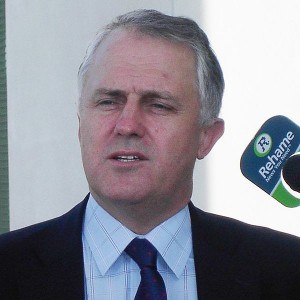 San Francisco city officials last night remained in a stalemate with AT&T over the installation of hundreds of utility boxes to aid the company’s U-verse fiber to the neighborhood system.
San Francisco city officials last night remained in a stalemate with AT&T over the installation of hundreds of utility boxes to aid the company’s U-verse fiber to the neighborhood system.
Since 2008, AT&T has sought to install the metal cabinets — dubbed “lawn refrigerators” by critics — that would house links with AT&T’s fiber network and copper wire connections leading to individual homes. The plan has been in limbo since the threat of lawsuits and controversy over whether the boxes could reduce the visual appeal of neighborhoods and harm property values.
AT&T’s latest plan, now also on hold, seeks to allow the company to install 726 4-foot-tall cabinets around the city. That’s completely unacceptable to groups like San Francisco Beautiful, which say the cabinets block public sidewalks and attract graffiti, eventually leading to urban blight. The group wants AT&T to install the boxes on private property or underground.
[flv width=”600″ height=”358″]http://www.phillipdampier.com/video/KGO San Francisco Showdown Over ATT Boxes 6-23-11.flv[/flv]
KGO-TV in San Francisco covers the fracas over AT&T’s “lawn refrigerators” — cabinets designed to support its U-verse fiber to the neighborhood service. (2 minutes)

Surprise! A Greensboro, N.C. couple woke up to find AT&T installing these boxes in their front yard. (Courtesy: WFMY-TV)
With the matter generating intense media scrutiny, local politicians have become cautious and a Board of Supervisors vote on the matter has been repeatedly postponed.
AT&T’s U-verse cabinets have been controversial in many areas where they suddenly appear in public rights-of-way, often in front yards.
In Greensboro, N.C., Doris and Dave Robinson learned this the hard way when a tractor, backhoe, and truck appeared in their front yard one morning to install a six foot high metal cabinet with an ominous warning painted on the front telling passersby – “WARNING – AT&T Underground Cable.”
Doris Robinson called and wrote AT&T to no avail, and took their story to a Greensboro television station to warn the neighbors.
“It’s just hard to believe that anyone can come onto our property, put something on the property we disapprove of and leave it on our property,” Dave Robinson told WFMY News. “It’s just not right.”
Doris added, “It struck me as being just terrible to be digging in your front yard and they hadn’t said a word to us.”
In the case of North Carolina, it turns out they don’t have to. The North Carolina legislature passed laws at the behest of AT&T giving them near carte blanche access to easements established for utilities. In the past, these have been used for buried and overhead wiring. Today, they are increasingly used to place enormous metal cabinets, sometimes on the ground, other times attached to a utility pole. Many have fans that can be heard several yards away.
In California, it will take an affirmative vote by local government officials before AT&T can install similar equipment in San Francisco.
[flv width=”480″ height=”340″]http://www.phillipdampier.com/video/WFMY Greensboro ATT U-Verse Service Means Giant Boxes On Homeowners Front Lawn 6-29-11.flv[/flv]
WFMY-TV in Greensboro shares the story of Doris and Dave Robinson who awoke one morning to find AT&T installing boxes nearly six feet tall on their front lawn. (5 minutes)


 Subscribe
Subscribe









